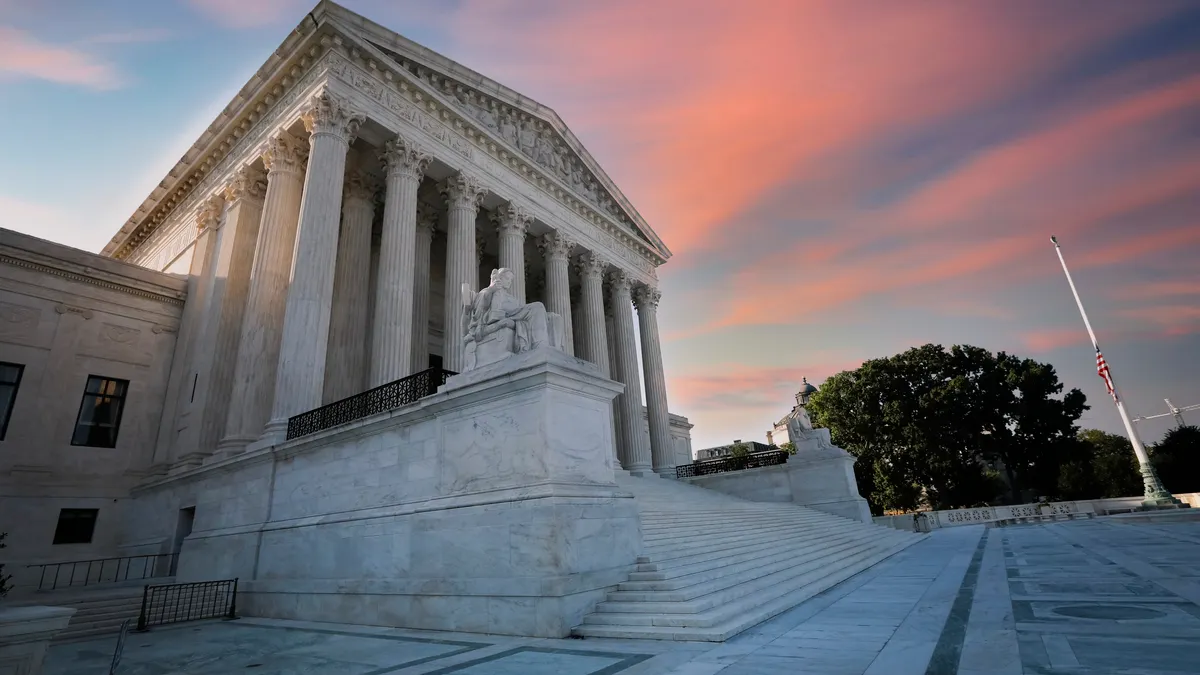The Supreme Court on Wednesday refused to let President Donald Trump fire Federal Reserve Gov. Lisa Cook – at least until after justices hear oral arguments in the case in January.
That means Cook is free to participate in at least the next two meetings of the Federal Open Market Committee – Oct. 28-29 and Dec. 9-10 – to help set interest rates. A third meeting is set for Jan. 27-28.
Cook’s lawyers have argued that Trump is using allegations of mortgage fraud, raised against the Fed governor, as justification to remove someone who historically has disagreed with the president on interest rates. Trump has argued they should be significantly lower.
Trump’s team, meanwhile, has argued the mortgage fraud allegations against Cook are a detriment to the Fed’s credibility.
A spokesperson for Cook’s legal team did not immediately respond to a request for comment from Bloomberg on Wednesday.
White House spokesperson Kush Desai, however, said, “President Trump lawfully removed Lisa Cook for cause from the Federal Reserve Board of Governors,” according to a statement seen by Reuters, CNBC and Bloomberg.
“We look forward to ultimate victory after presenting our oral arguments before the Supreme Court in January,” Desai said.
The January time frame for Supreme Court arguments is crucial.
That’s a month when regional Fed presidents are reappointed to five-year terms by the central bank’s board. If Trump were to push for some or all of the 12 regional chiefs to be removed, he would need a majority of the Fed board to go along with it. Three Democrats, including Cook, serve on the seven-member board, but among the panel’s Republicans is Fed Chair Jerome Powell, Trump’s most frequent target of complaint but also someone who has consistently brushed off the president’s grousing.
January would also mark the end of the term for which Fed Gov. Stephen Miran was recently confirmed.
Tim Mahedy, a former senior adviser at the Federal Reserve Bank of San Francisco, compared Wednesday’s Supreme Court deferral to “punting the football.”
“We still have to deal with this in January,” Mahedy told Bloomberg. “It’s far from over but this is a win for Fed independence for now.”














